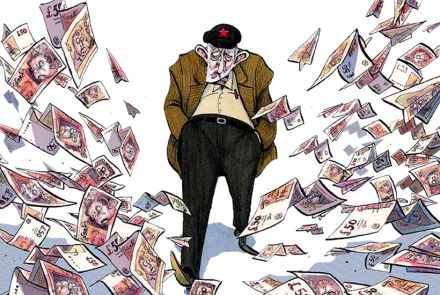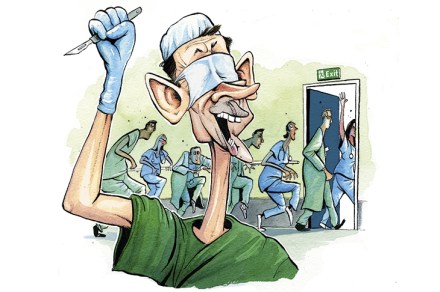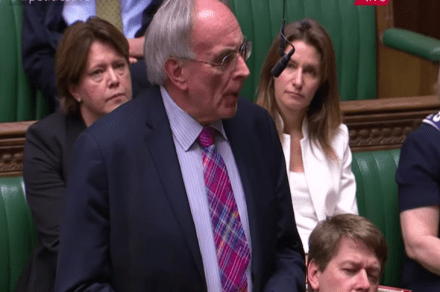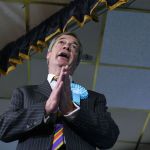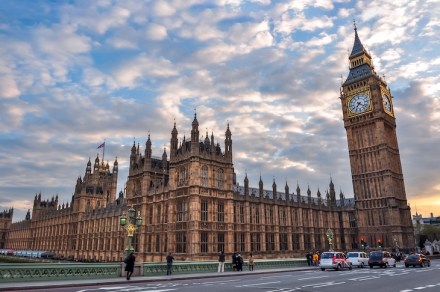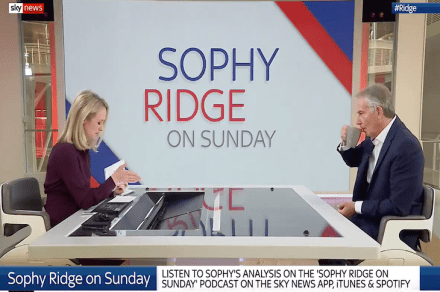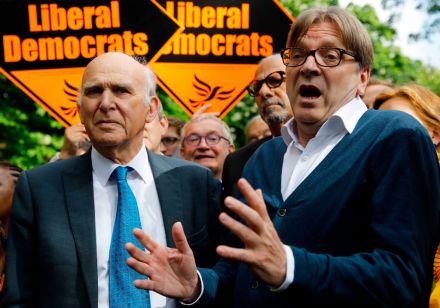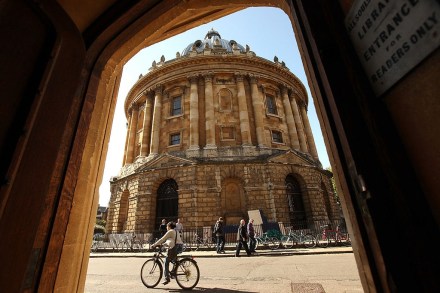Jeremy Corbyn and the Project Fear we should all be afraid of
Factories would move abroad to escape punitive tariffs. The ports would be blocked up. The hospitals would run out of medicines and fruit would remain unpicked on trees. Over the last three years, we have become used to wildly over-the-top predictions about all the terrible things that would happen to the British economy if we ever get around to leaving the European Union. But if you thought that was bad, and global investors were nervous about putting money into the UK markets, wait until you see what happens as they start to get to grips with the plans should Jeremy Corbyn and John McDonnell ever move into Numbers 10 and
